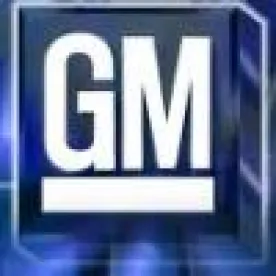In a sweeping, and arguably results-oriented opinion, the district court overseeing the General Motors ignition switch multidistrict litigation (MDL) recently ruled that in roughly half of the nation's jurisdictions, a plaintiff need not demonstrate that his or her product actually manifested the complained-of defect to recover economic losses. The MDL court's decision applies to claims brought under various consumer protection statutes and for fraud and implied warranty claims.
In a 108-page opinion, the U.S. District Court for the Southern District of New York addressed three related questions, the most central being "whether [a] 'manifest defect' is required for Plaintiffs to recover for their economic losses under the laws of twenty-seven jurisdictions." The parties had previously stipulated that the laws of 31 states clearly required manifestation and that the laws of five states did not. Undertaking a state-by-state analysis of the disputed jurisdictions, the district court concluded, "manifestation is not required for any of [the] claim[s] and jurisdictions that remain in dispute."
In so ruling, the court acknowledged that it was reversing course from its prior written opinions citing a prominent treatise for the proposition that the "majority view is that there is no legally cognizable injury in a product defect case . . . unless the alleged defect has manifested itself in the product used by the claimant."
In concluding that actual manifestation of an alleged defect is not required, the court took a formalistic view of how to analyze each states' laws. "[I]n the absence of state law to the contrary," the court wrote, "there is no legal or logical ground to bar Plaintiffs' recovery if they can prove they suffered economic loss." Noting that only the opinions of a state's highest court were binding, the MDL court in several instances acknowledged—but disregarded as non-binding—rulings from intermediate appellate courts holding manifestation is required to bring a cognizable claim. Instead, the court often relied on federal district court opinions from other states interpreting each state's law and on tentative drafts of the Restatement of Torts and law journal articles.
The MDL court's ruling is likely destined for review by the U.S. Court of Appeals for the Second Circuit and has the potential to see the question certified to state high courts across the country, given the MDL court's acknowledgment that the high courts of many of the jurisdictions had not yet spoken on the issue. The Second Circuit has previously endorsed the certified question mechanism as a "valuable device for securing prompt and authoritative resolution of unsettled questions of state law." The ruling could also prompt state courts to specifically address the issue in unrelated actions. As a result, it could still be years before the appellate process plays out in this litigation and ultimately resolves the issue of the manifestation requirement.




 />i
/>i
